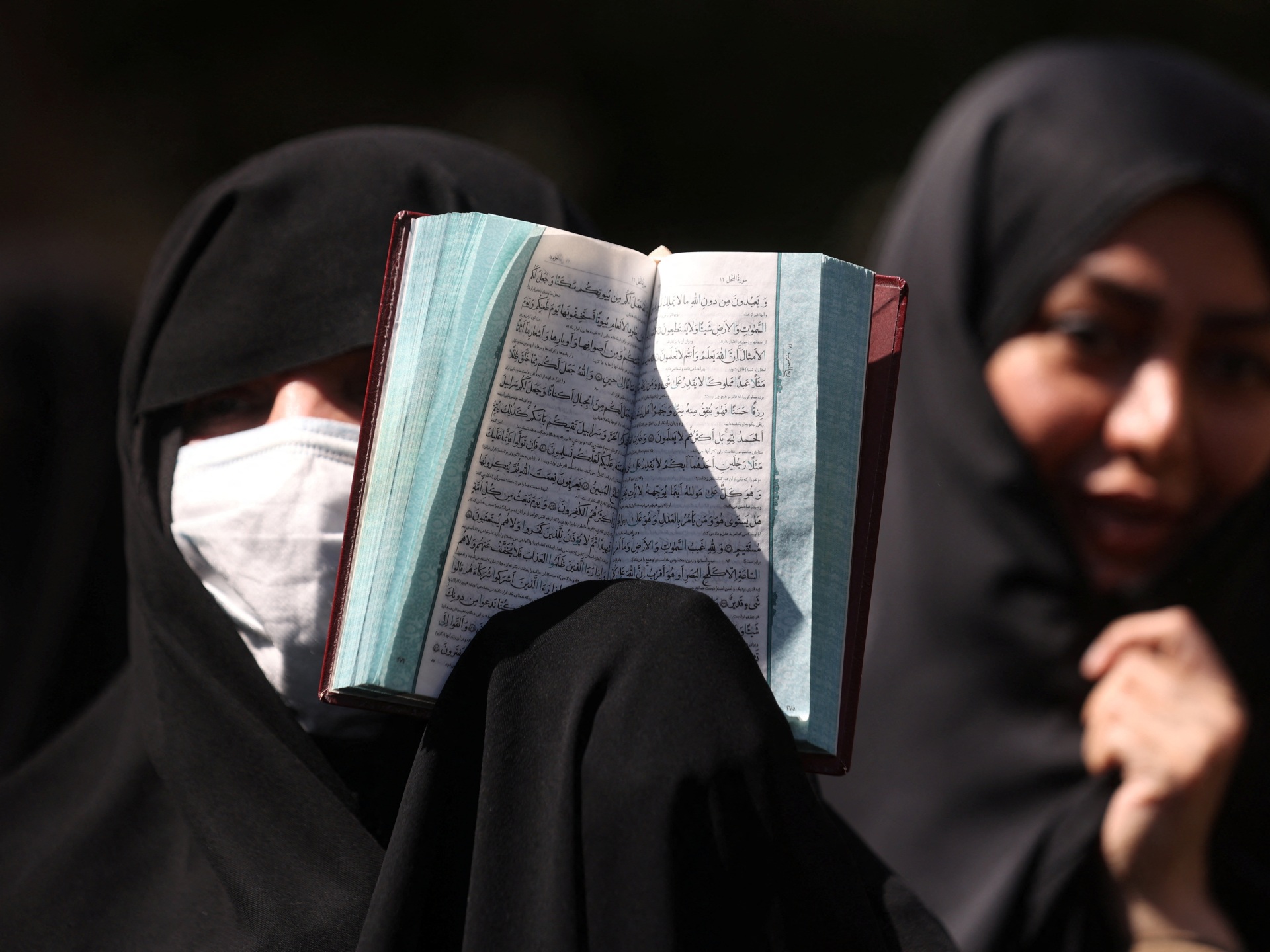The Danish government will try to find legal means that will enable authorities to prevent the burning of copies of the Quran in front of other countries’ embassies in Denmark, Foreign Minister Lars Lokke Rasmussen has said.
“The burnings are deeply offensive and reckless acts committed by few individuals. These few individuals do not represent the values the Danish society is built on,” Rasmussen said in a statement on Sunday.
“The Danish government will therefore explore the possibility of intervening in special situations where, for instance, other countries, cultures, and religions are being insulted, and where this could have significant negative consequences for Denmark, not least with regard to security,” he said.
Denmark and Sweden have found themselves in the international spotlight in recent weeks following protests where the Quran, the Islamic holy book, has been damaged or burned.
In a separate statement on Sunday, Swedish Prime Minister Ulf Kristersson said he had been in close contact with his Danish counterpart Mette Frederiksen, and that a similar process was already under way in Sweden.
“We have also started to analyse the legal situation already … in order to consider measures to strengthen our national security and the security of Swedes in Sweden and around the world,” Kristersson said in a post to Instagram.
Outrage in Muslim countries
This month, far-right activists have carried out a number of public burnings of Islam’s holy book in front of the Iraqi, Egyptian, and Turkish embassies in the Danish capital.
On Monday, two members of the ultra-nationalist Danish Patriots stomped on a copy of the Quran and set it alight in a tin foil tray next to an Iraqi flag.
Earlier this month in Sweden, an Iraqi citizen living in the country, Salwan Momika, 37, stomped on the holy book and set several pages alight.
The public burnings in the Scandinavian countries have sparked widespread outrage across Muslim countries, with Saudi Arabia, Turkey, the United Arab Emirates, Iran, Morocco, Qatar and Yemen lodging protests in response.
Sweden and Denmark have said they deplore the burning of the Koran but cannot prevent it under their rules protecting freedom of expression.
The United Nations Human Rights Council (UNHRC) earlier this month approved a resolution on religious hatred and bigotry following several burnings.
Pakistan and other Organisation of Islamic Cooperation countries backed the motion, along with a number of non-Muslim majority countries including India and Vietnam. The United States and the European Union opposed the resolution on the grounds it interfered with freedom of expression.
In his statement, Rasmussen added that whatever measure was taken “must of course be done within the framework of the constitutionally protected freedom of expression and in a manner that does not change the fact that freedom of expression in Denmark has very broad scope”.



Honestly I am all for freedom of speech and am atheist, but I don’t think burning books is a form of free speech that should be recognized.
I feel no matter the book, burning it is just low class and only done to fuel anger. It’s more akin to hate speech than free speech.
There are plenty of other ways to get your point across, only ‘bad guys’ resort to burning books.
I like your argument but I think I prefer the guy who says it should be a legal fire. Its more a property rights issue really. If you own the book and your burning it in a way that is legal then it should be as legal as burning a newspaper or whatever. I do think it should not be socially acceptable and especially as protest. People should look down on those who burn knowledge even if its a work of fiction like that.
Burning the Quran is an acceptable way to dispose of a copy in Islam. The protests really are about the intentions of the individual who are burning it.
I’m missing how it being an appropriate way to dispose of the Quran is relevant. I dont think it matter at all to them what is or isnt suitable?
The freedom of speech isn’t primarily concerned with the protection of uncontroversial or popular speech.